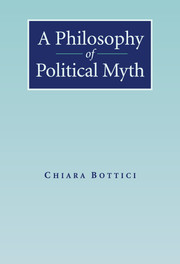4 - Myth and Meaning
Published online by Cambridge University Press: 24 July 2009
Summary
In 1890 the first two volumes of a monumental anthropological work on magic and religion were published: Frazer's Golden Bough. In this work, later republished in twelve volumes (Frazer 1922), Fraser collected an enormous amount of material concerning traditional beliefs and social practices of different societies. By classifying the material according to the criteria of evolutionary comparative method, he attempted to develop an explanation of “magic behaviour”. Magic, he argued, is based on the belief of a correspondence between entities that are separated in space and time, but are, nevertheless, linked to one another. This link, according to Fraser, can be interpreted in two different ways: either as the relationship between part and whole, so that by acting on one part, an influence on the whole can be realised, or as an imitation, so that by fictitiously reproducing an object or an act, its effective realisation can be expected actually to occur (Frazer 1922).
According to Frazer, magic is based on the application of beliefs that are inaccurate per se, but are nevertheless applied in a way that can be defined as rational and coherent. In his view, when analysing the myths of “ruder ages and races, we shall do well to look with leniency upon their errors as inevitable slips made in the search for truth, and to give them the benefit of that indulgence which we ourselves may one day stand in need of” (Frazer 1922: 264).
- Type
- Chapter
- Information
- A Philosophy of Political Myth , pp. 83 - 98Publisher: Cambridge University PressPrint publication year: 2007

